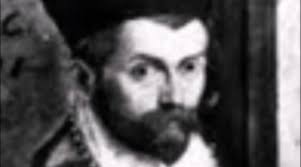Latest Comments
No comments to show.

Giovanni Croce – Biography and Life
Giovanni Croce, known in his native Venice as “Il Chiozzotto” due to his origins in the district of Chioggia, was a prominent figure in the[…]

Giovanni Croce – Cantate Domino
Giovanni Croce – Cantate Domino Giovanni Croce (also Ioanne a Cruce Clodiensis, Zuanne Chiozotto; 1557 – 15 May 1609) was an Italian composer of the late[…]
© 2025 Top Classical Music. Created with ❤ using WordPress and Kubio